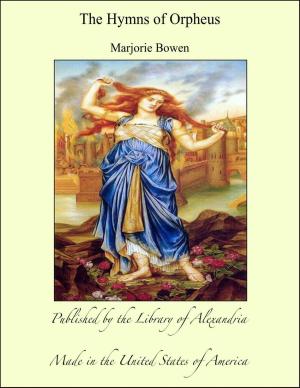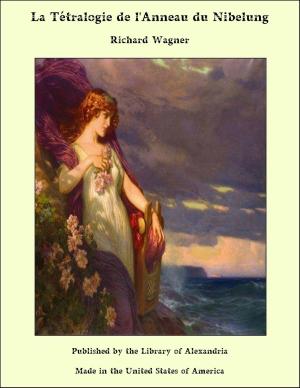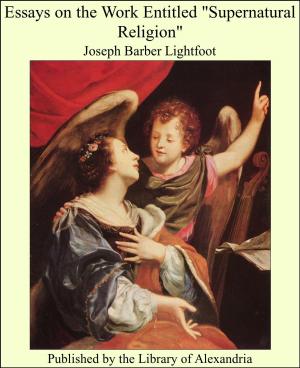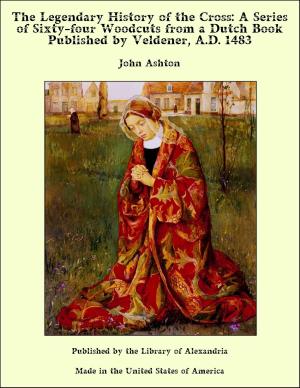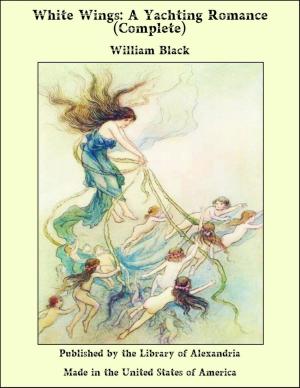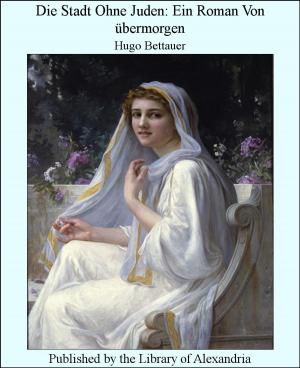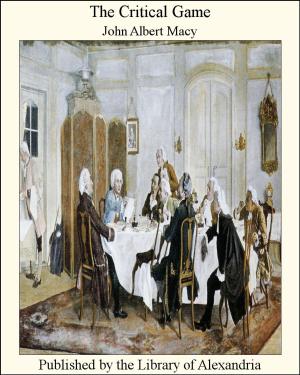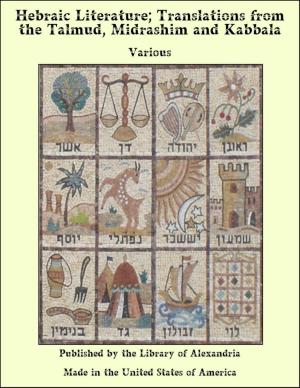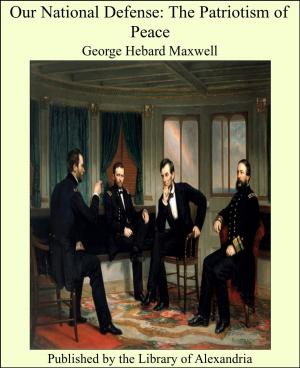World's War Events (Complete)
Nonfiction, Religion & Spirituality, New Age, History, Fiction & Literature| Author: | Various Authors | ISBN: | 9781465528872 |
| Publisher: | Library of Alexandria | Publication: | March 8, 2015 |
| Imprint: | Language: | English |
| Author: | Various Authors |
| ISBN: | 9781465528872 |
| Publisher: | Library of Alexandria |
| Publication: | March 8, 2015 |
| Imprint: | |
| Language: | English |
WHAT CAUSED THE WAR BARON BEYENS I Political designs of Francis Ferdinand. The Archduke Francis Ferdinand will go down to posterity without having yielded up his secret. Great political designs have been ascribed to him, mainly on the strength of his friendship with William II. What do we really know about him? He was strong-willed and obstinate, very Clerical, very Austrian, disliking the Hungarians to such an extent that he kept their statesmen at arm's-length, and having no love for Italy. He has been credited with sympathies towards the Slav elements of the Empire; it has been asserted that he dreamt of setting up, in place of the dual monarchy, a "triune State," in which the third factor would have been made up for the most part of Slav provinces carved out of the Kingdom of St. Stephen. Immediately after he had been murdered, the Vossische Zeitung refuted this theory with arguments which seemed to me thoroughly sound. The Archduke, said the Berlin newspaper, was too keen-witted not to see that he would thus be creating two rivals for Austria instead of one, and that the Serb populations would come within the orbit of Belgrade rather than of Vienna. Serbia would become the Piedmont of the Balkans; she would draw to herself the Slavs of the Danube valley by a process of crystallization similar to that which brought about Italian unity
WHAT CAUSED THE WAR BARON BEYENS I Political designs of Francis Ferdinand. The Archduke Francis Ferdinand will go down to posterity without having yielded up his secret. Great political designs have been ascribed to him, mainly on the strength of his friendship with William II. What do we really know about him? He was strong-willed and obstinate, very Clerical, very Austrian, disliking the Hungarians to such an extent that he kept their statesmen at arm's-length, and having no love for Italy. He has been credited with sympathies towards the Slav elements of the Empire; it has been asserted that he dreamt of setting up, in place of the dual monarchy, a "triune State," in which the third factor would have been made up for the most part of Slav provinces carved out of the Kingdom of St. Stephen. Immediately after he had been murdered, the Vossische Zeitung refuted this theory with arguments which seemed to me thoroughly sound. The Archduke, said the Berlin newspaper, was too keen-witted not to see that he would thus be creating two rivals for Austria instead of one, and that the Serb populations would come within the orbit of Belgrade rather than of Vienna. Serbia would become the Piedmont of the Balkans; she would draw to herself the Slavs of the Danube valley by a process of crystallization similar to that which brought about Italian unity


